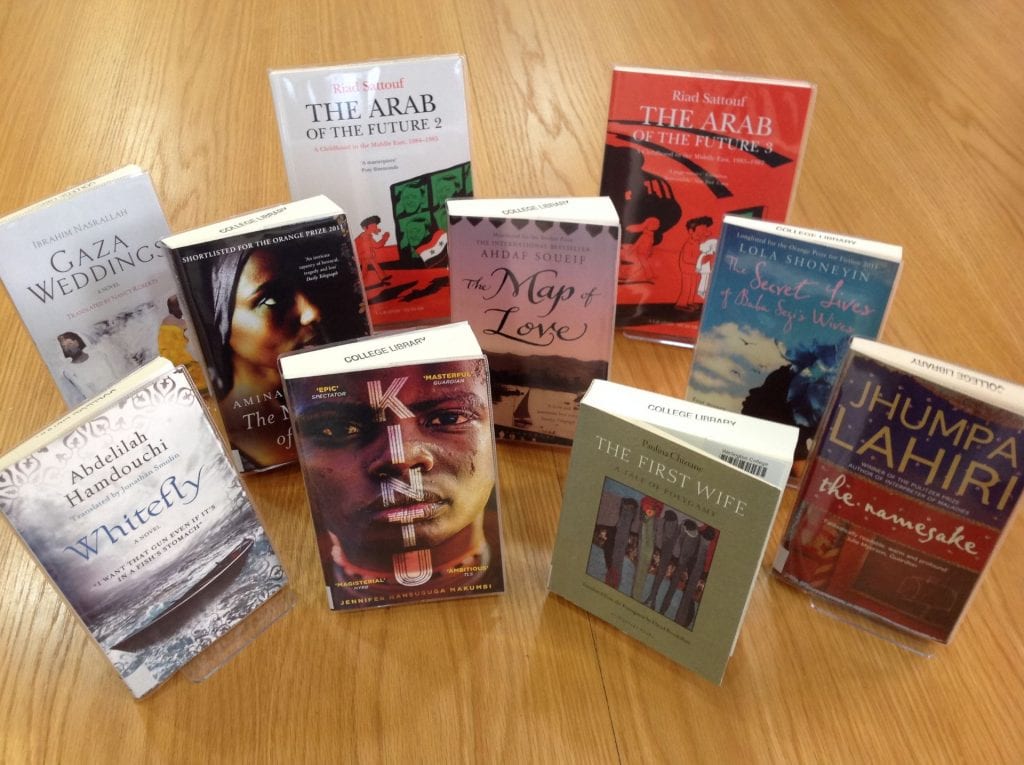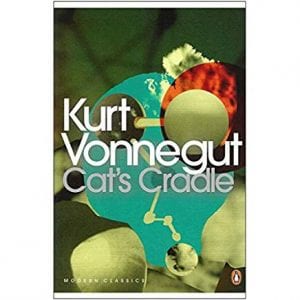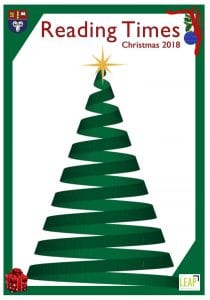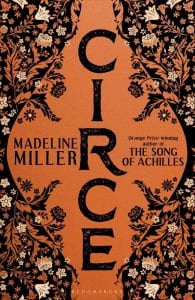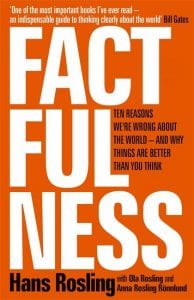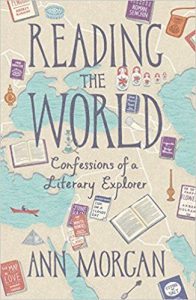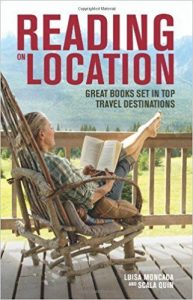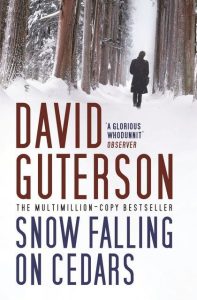Encouraged by our English teacher who is continuing to ‘Read around the World’, we are enjoying diversifying our library stock and discovering new authors. We’ve just focused on broadening our range of books from various African writers, with special emphasis on African women writers. Gary Younge’s article in The Guardian from December 2018 was particularly helpful with numerous recommendations. We already had a reasonable number of books from writers around the world but have added less obvious choices and the brilliant graphic novel trilogy ‘The Arab of the Future’ by Riad Sattouf.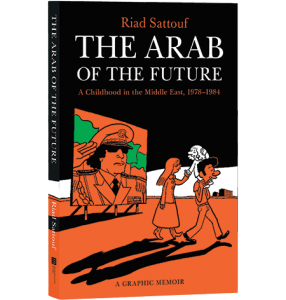
Have you ever stopped to think how broadly you read? Do you tend to stick to one favourite author or genre? If you have a Good Reads account (or keep a paper record) you can do a yearly audit to see how many women, men or BAME authors you have read.
Every term we put a small collection of library books in boarding houses. These mini-libraries are a way of providing a varied selection of books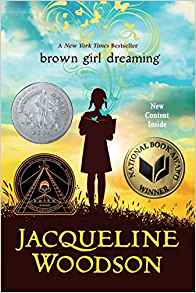 – including fiction non-fiction and graphic novels to the students where they live and enjoy their free time. At the very least it reminds our students about the library and encourages them to pick up a book and dip in or have a quick browse of the collection and often starts a conversation about reading with their peers and staff. Whilst chatting to a Y11 student about project research I was delighted to hear that she had borrowed ‘Brown Girl Dreaming’ by Jacqueline Woodson from her House library and was loving it.
– including fiction non-fiction and graphic novels to the students where they live and enjoy their free time. At the very least it reminds our students about the library and encourages them to pick up a book and dip in or have a quick browse of the collection and often starts a conversation about reading with their peers and staff. Whilst chatting to a Y11 student about project research I was delighted to hear that she had borrowed ‘Brown Girl Dreaming’ by Jacqueline Woodson from her House library and was loving it.
Reading authors from a wide range of countries or books set in different places can be a great way to learn about cultures, history, societies, politics and more in an accessible and often exciting way. We have a wide ranging collection of graphic novels on historical themes – often memoirs – for example: ‘Such a lovely little war’ by Marcelino Truong, Guy DeLisle’s comic books on Burma, North Korea, Jerusalem and more, and Marguerite Abouet’s ‘Aya’ books set in the Ivory Coast.
Try something new in 2019!
